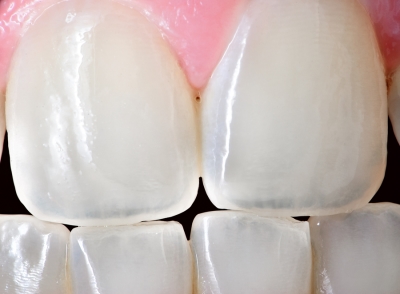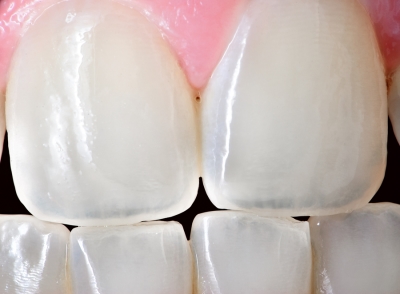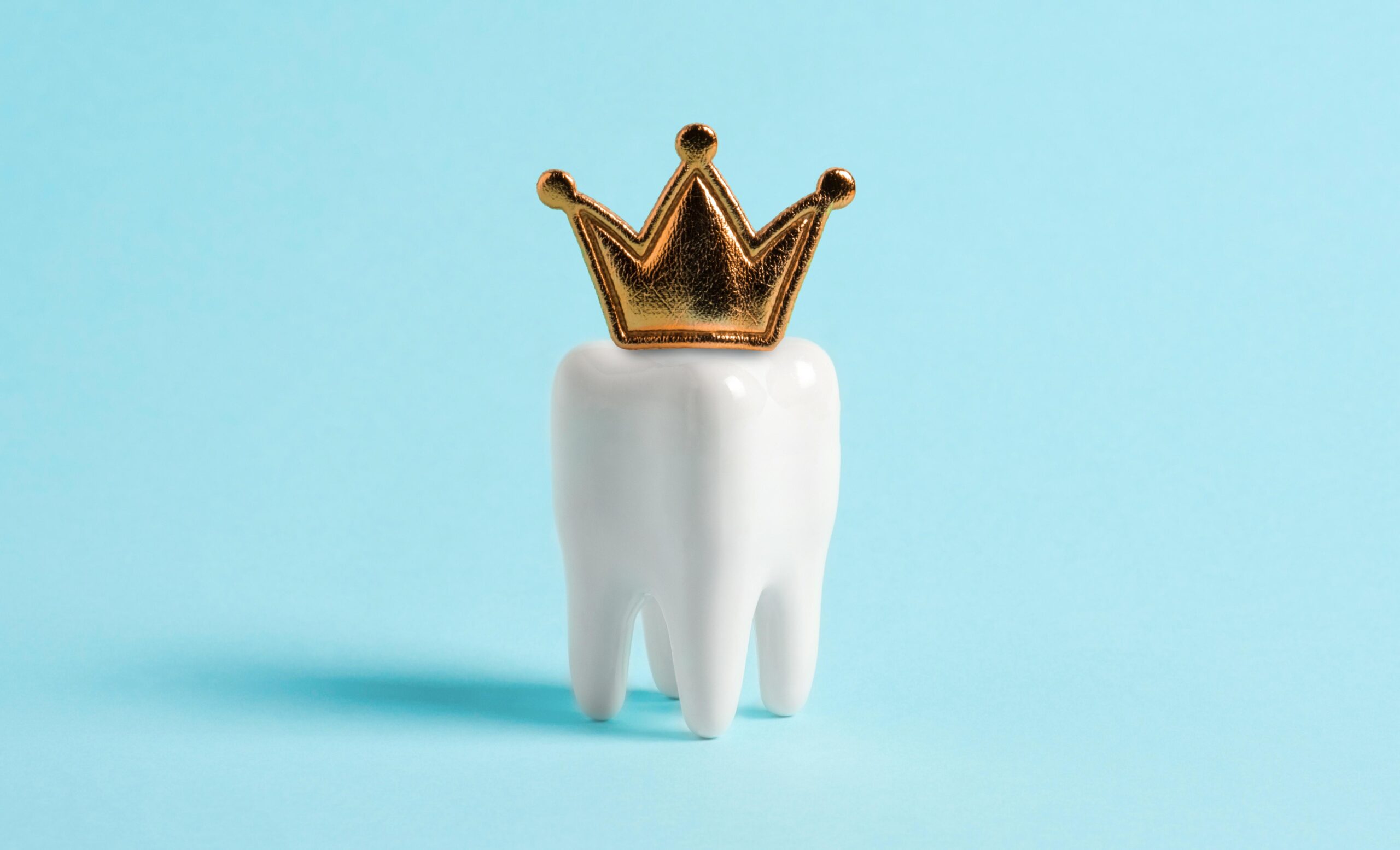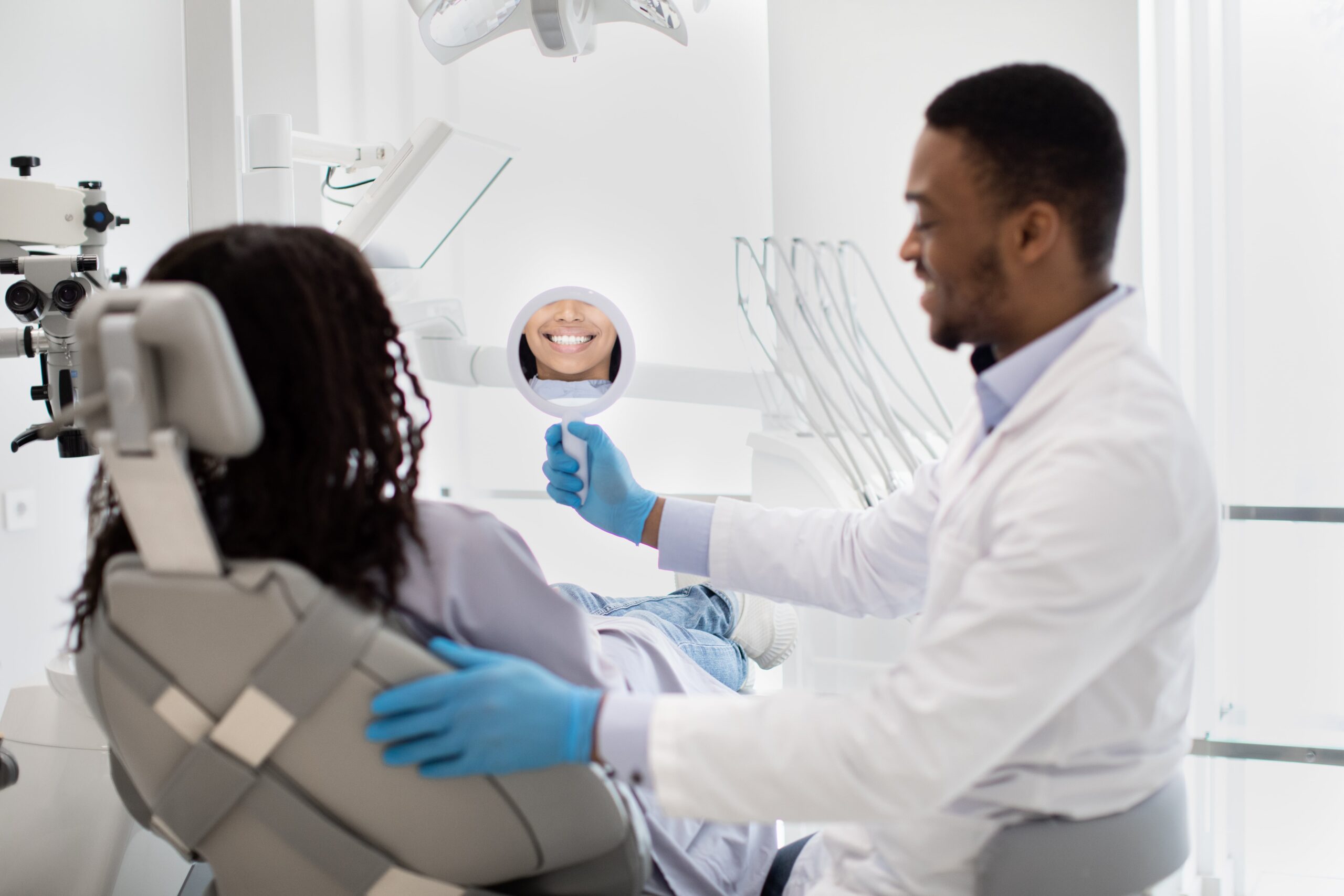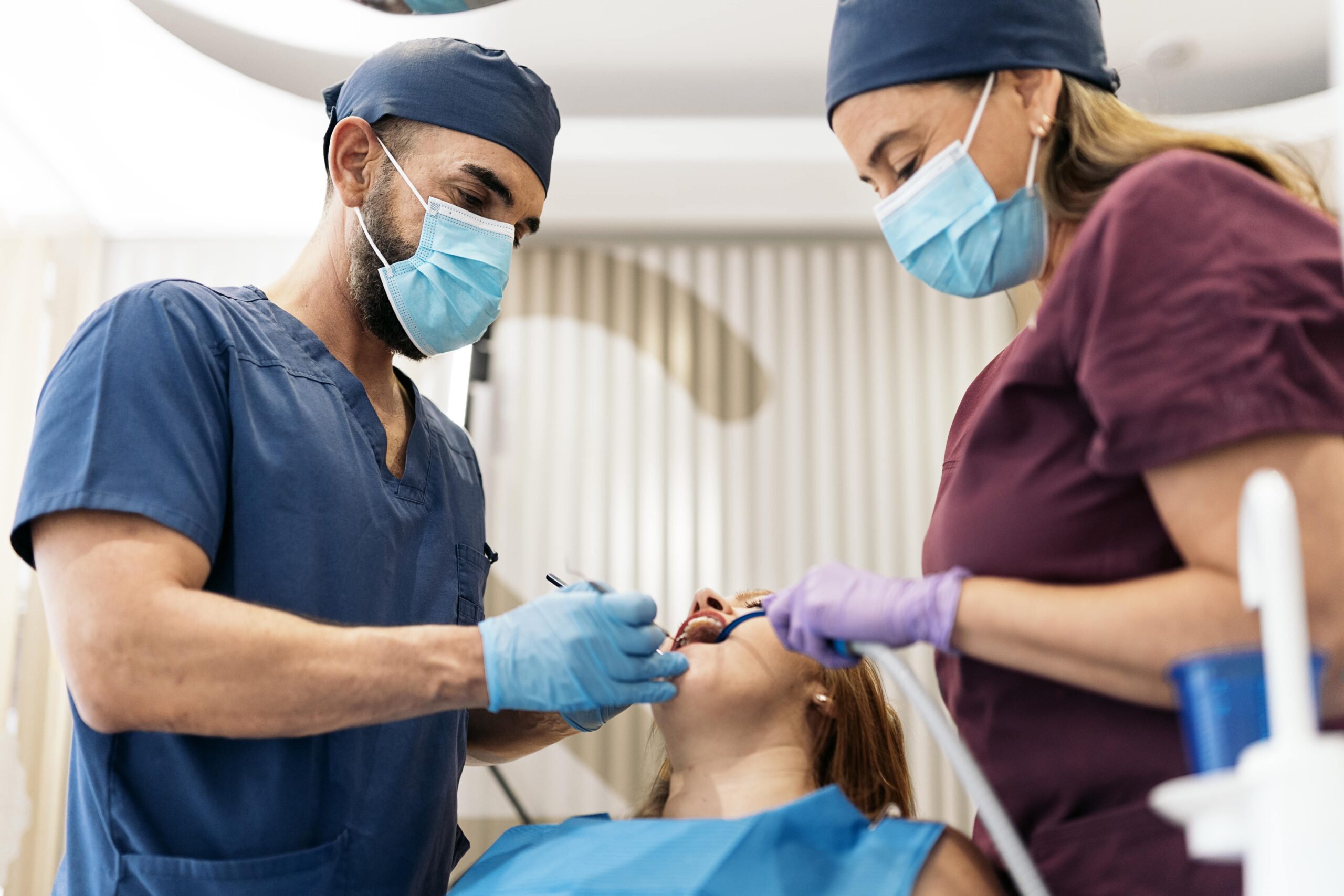WHAT ARE THE SYMPTOMS OF BRUXISM?
Posted on Mar 23, 2015
Bruxism in Belmont can be a frustrating issue for many people. Because bruxism typically presents at night while sufferers are asleep, they may experience the effects of this condition without realizing what is causing them. Paying close attention to unusual dental problems is important, as letting bruxism continue unabated can cause widespread damage to teeth.
Bruxism in Belmont can be a frustrating issue for many people. Because bruxism typically presents at night while sufferers are asleep, they may experience the effects of this condition without realizing what is causing them. Paying close attention to unusual dental problems is important, as letting bruxism continue unabated can cause widespread damage to teeth.
Temperature-Triggered Tooth Pain
Bruxism can develop when a person clenches or grinds his teeth. With this repeated abrasion of the teeth, many people with this condition inadvertently wear away the protective enamel that coats their teeth. If this happens, teeth can become highly sensitive to temperature changes. When a cup of coffee or a bowl of ice cream causes tooth pain, the reason may be bruxism. Once gone, enamel cannot grow back, making a timely trip to the dentist essential so that bruxism sufferers can get the treatment they need to protect their remaining tooth enamel.
Bruxism can develop when a person clenches or grinds his teeth. With this repeated abrasion of the teeth, many people with this condition inadvertently wear away the protective enamel that coats their teeth. If this happens, teeth can become highly sensitive to temperature changes. When a cup of coffee or a bowl of ice cream causes tooth pain, the reason may be bruxism. Once gone, enamel cannot grow back, making a timely trip to the dentist essential so that bruxism sufferers can get the treatment they need to protect their remaining tooth enamel.
Chronic Jaw Discomfort
When a person suffers from bruxism, he can put considerable stress on the muscles, connective tissues, and bones that make up the jaw joint. When the jaw is clenched for hours at a time, the result may be chronic joint pain. Like other joints of the body, the jaw can suffer from permanently damaged cartilage and bone. Once this occurs, someone with long-term bruxism may be forced to contend with a lifetime of jaw discomfort. Getting early treatment for this condition can prevent extensive jaw damage and permanent jaw pain.
When a person suffers from bruxism, he can put considerable stress on the muscles, connective tissues, and bones that make up the jaw joint. When the jaw is clenched for hours at a time, the result may be chronic joint pain. Like other joints of the body, the jaw can suffer from permanently damaged cartilage and bone. Once this occurs, someone with long-term bruxism may be forced to contend with a lifetime of jaw discomfort. Getting early treatment for this condition can prevent extensive jaw damage and permanent jaw pain.
Tooth Enamel Trauma
Teeth are made to withstand strong pressure, such as that generated during the chewing process. However, the strain that bruxism can place on the teeth can eventually lead to trauma to them. A cracked tooth can cause pain for sufferers. It can also facilitate the infiltration of bacteria that could result in extensive tooth decay and infection. Heeding the warning signs of bruxism is important so that dentists can address their complications and stop the development of more dental problems. Should a dentist detect tooth trauma, he can remedy it with bonding, a filling, or a dental crown and discuss strategies with patients on how to manage their bruxism triggers.
Teeth are made to withstand strong pressure, such as that generated during the chewing process. However, the strain that bruxism can place on the teeth can eventually lead to trauma to them. A cracked tooth can cause pain for sufferers. It can also facilitate the infiltration of bacteria that could result in extensive tooth decay and infection. Heeding the warning signs of bruxism is important so that dentists can address their complications and stop the development of more dental problems. Should a dentist detect tooth trauma, he can remedy it with bonding, a filling, or a dental crown and discuss strategies with patients on how to manage their bruxism triggers.
